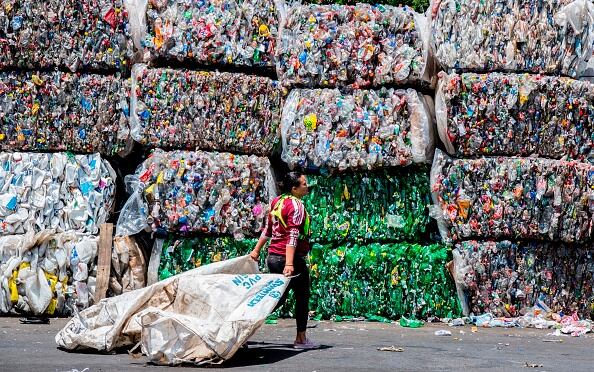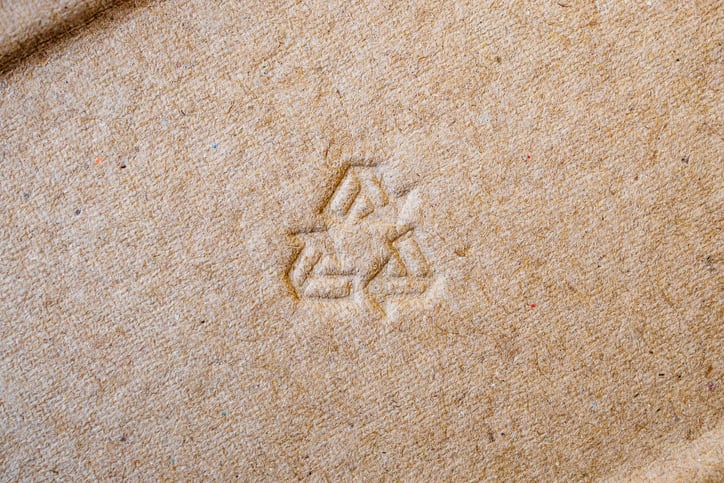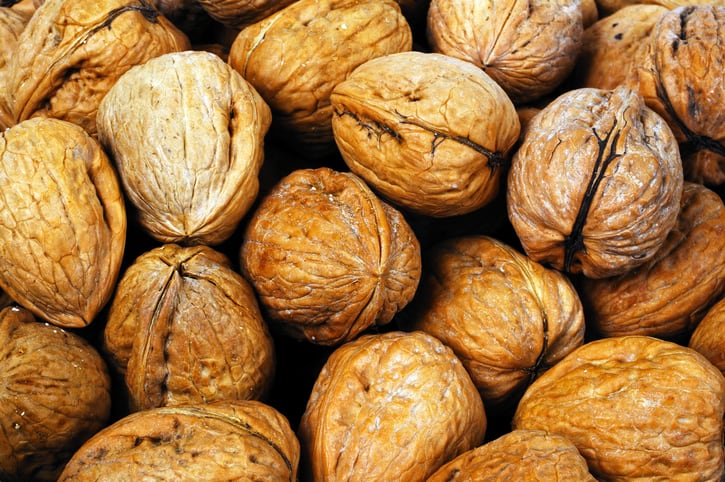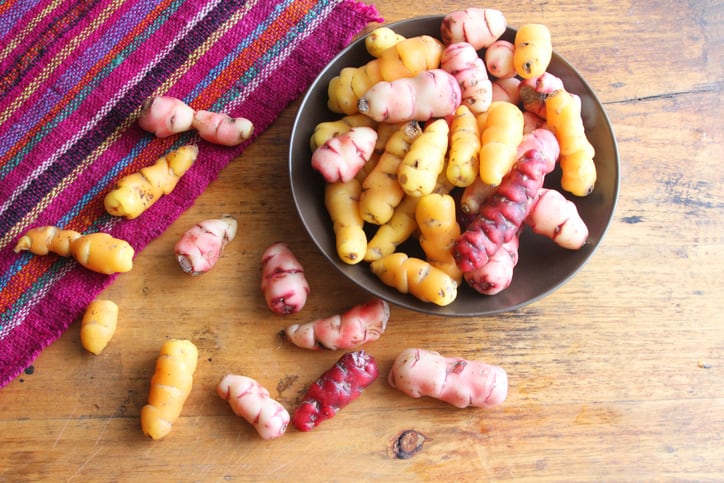PepsiCo Latin America announced its Recycling with Purpose initiative in March this year. The program has three strategic components that aim to promote a circular economy in Latin America.
Firstly, it fosters incentives to recycle through education campaigns that involve consumers; secondly, it partners with civil society organizations aims to promote inclusive recycling; and thirdly, it works to strengthen local recycling industries. This week (18 June), Peru became the first country in the region to roll out the program.
Costa Rican Ecoins
The soda-to-snacks manufacturer will try to incentivize recycling there by partnering with Ecoins, a Costa Rican public-private initiative led by the company Próxima Comunicación. Ecoins launched in its home country last year and has since expanded to Panama and, now, Peru.
Ecoins is a virtual platform through which consumers can get discounts on various products (including food and drink) and services in exchange for recyclable materials. Users create an account online and then bring clean, dry and separated materials to certain collection centers where they receive Ecoins.
"As we lack recycling infrastructure in so many countries throughout the region, we need to involve consumers to make recycling sustainable, and Ecoins is the ideal method by which to do so,” said Karla Chaves, regional director at Ecoins.
“Our partnership with PepsiCo, which goes beyond just funding to include knowledge sharing, will allow consumer education to truly reach the masses and make an impact with both short and long-term potential.”
PepsiCo intends to expand the Ecoin initiative to 10 countries in Latin America over the next two years - Argentina, Brazil, Chile, Colombia, Costa Rica, Mexico, Panama, Peru, Guatemala, and Jamaica.
It estimates that by the end of 2019, Ecoins will have 300,000 accounts. The platform currently has over 47,000 users in Costa Rica, where it was launched in April 2018 and over 5,000 in Panama.
Ciudad Saludable
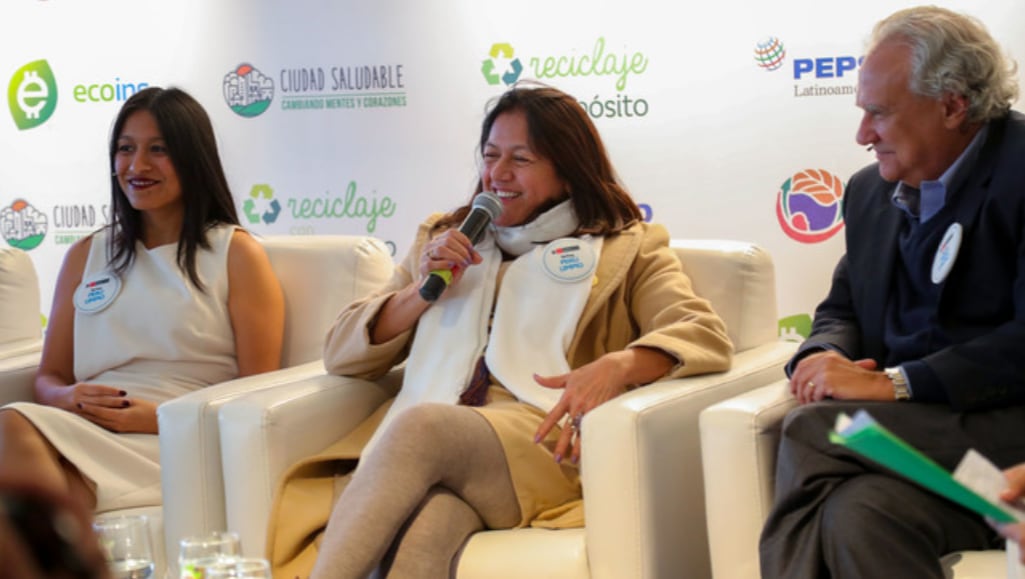
Through its non-profit entity, The PepsiCo Foundation, the company also donated US$2 million to Ciudad Saludable, a Lima-based non-profit organization it has previously worked with to improve recycling.
This donation will support more than 1,000 grassroots recyclers, it said.
Luis Montoya, president of PepsiCo Latin America Beverages, said: “[…] we acknowledge that we can’t close the loop alone — and beyond the improvements we are making to our own food and beverage packaging, it is imperative that we engage the consumer to increase material collection and boost recycling rates through the inclusion of grassroots recyclers with Ciudad Saludable”.
The Peruvian Ministry of Environment is also working to make recycling the norm in the country.
Speaking as part of a panel discussion this week with other stakeholders, Peru’s vice minister of environmental management’ Albina Ruiz, who is also the founder and president of Ciudad Saludable, said a multi-stakeholder approach was essential to making a circular economy a reality in Peru.
"We must bear in mind that there can be no circular economy if we do not have the support of recyclers and the general public to separate the waste generated, as well as the business sector to change the design of their products,” she said.
Through its ‘Clean Peru’ program, the Peruvian ministry of environment is carrying out an education and information campaign to promote the proper separation of waste in homes, businesses, schools, universities and other public institutions.
Reduce, recycle, reinvent
PepsiCo wants 100% of its packaging to be recyclable, compostable or biodegradable by 2025, and to reduce the carbon footprint of its packaging.
In Chile, it worked with Danimer Scientific to develop biodegradable packaging that is currently being rolled out in a pilot scheme in Chile under its Artesanas brand.

